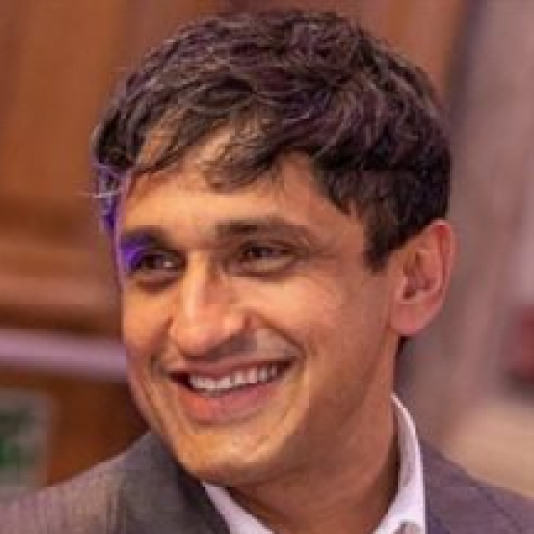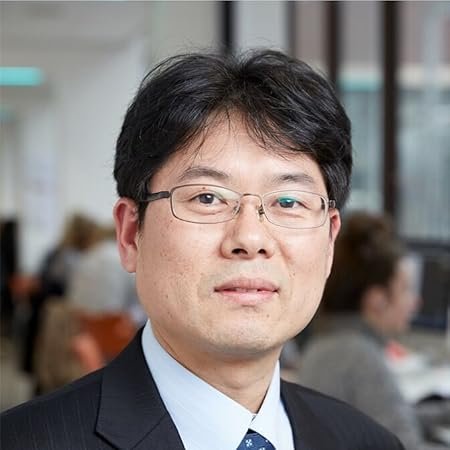Training surgeons requires extensive time, finances and specialist supervision but saves lives and improves outcomes.
Virtual reality (VR) facilitates training resource dissemination to remote audiences. In Africa, the majority of surgical care is initially treated in remote centres, highlighting the need for surgical education of rural doctors. We have demonstrated feasibility of VR-enabIed surgical training for remote Iow-income and middle-income country doctors, with appeal across diverse socioeconomic settings.
A combination of XR techniques, including 360video, 360video with virtual studio overlay, interactive video, synchronised VR training and 6 degrees of freedom enhances learning by enabling multiple perspectives within procedure, increases learner connectivity and improves onward knowledge sharing.
Barriers to VR education include affordability, data connectivity limitations and need for breaks. Benefits include environmental, cross-cultural learning and scalability. We will present evidence of local desire to incorporate VR into African surgical training programmes; recommendation to embed VR within established education programmes, particularly where postgraduate opportunities are scarce. Such projects require strong collaborative cross-cultural networks and bespoke context-specific content
design.







